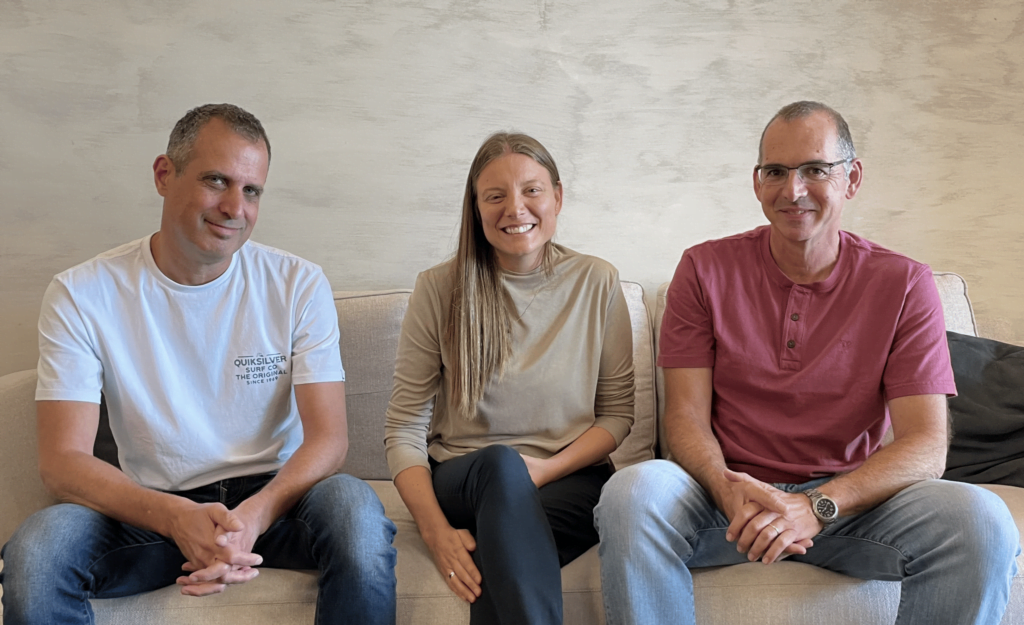A chatbot symptom checker developed in Israel performs better than seven rival products, according to an independent study.
Symptom checkers use AI to simulate a conversation with a doctor, and provide a more accurate diagnosis than Googling a series of symptoms. However, physicians are skeptical to trust them, as they were designed to be used by patients rather than by doctors making diagnoses.
A new study published in the International Journal of Medical Informatics (IJMI) found that Israeli-based Kahun gathered the best and most relevant insights.
The researchers assessed the data-gathering capabilities of eight chatbot symptom checkers – K Health, Babylon, ADA, Buoy, Kahun, Mediktor, Symptomae, and Your.MD. Though they believe that their abilities are questionable, Kahun had the best performance of them all.
Kahun’s chatbot bases its decisions on over 30 million evidence-based medical insights. Its chatbot uses the same reasoning as trained providers, asking all the right questions and calculating the best next ones.
The chatbot’s questions are tailored to each patient to take in all the relevant information and rule out rare diseases or urgent conditions. The process takes three to five minutes and provides physicians with a clinical summary including recommendations for further evaluation.
Kahun helps healthcare providers handle large volumes of patients through standardization and digitization.
“We are extremely proud of the IJMI study results,” said Eitan Ron, Co-founder and CEO of Kahun. “However, we don’t look at ourselves as a symptom checker tasked with merely guessing the right diagnosis.
“Our explainable AI is designed to conduct clinical reasoning in the same manner a physician would. This study demonstrates that this approach is superior to others already on the market, and I’m convinced that as our model improves, its usefulness for physicians will only become more apparent.”
Kahun was founded in 2018 and is based in Givatayim, Israel. It recently raised $8 million in a funding round led by UK VC LocalGlobe.
Related posts

Israeli AI Safety Tool Among TIME’S Best Inventions For 2024

TAU Team Discovers Mechanism To Eliminate Cancerous Tumors

Ashdod Port Investing In Startups As Part Of Innovation Strategy




Facebook comments